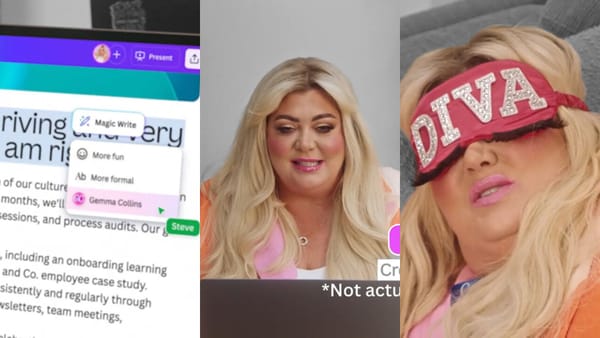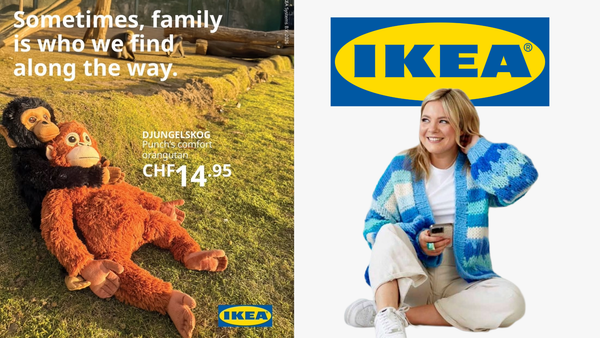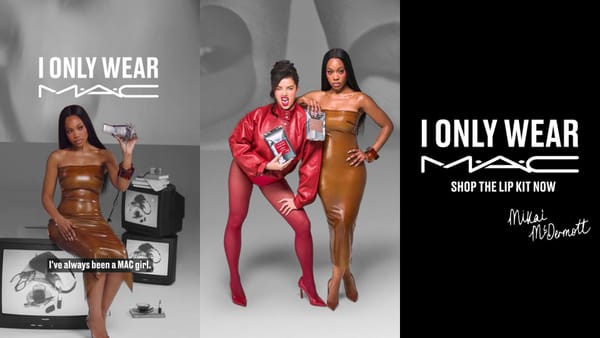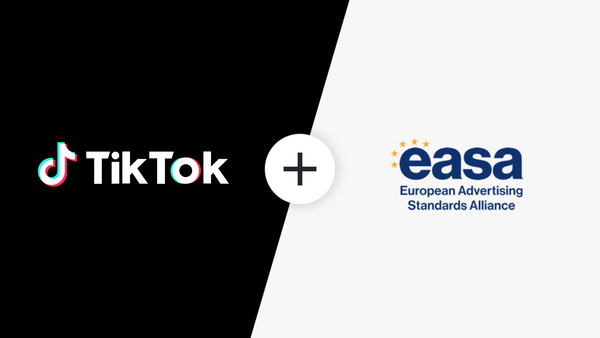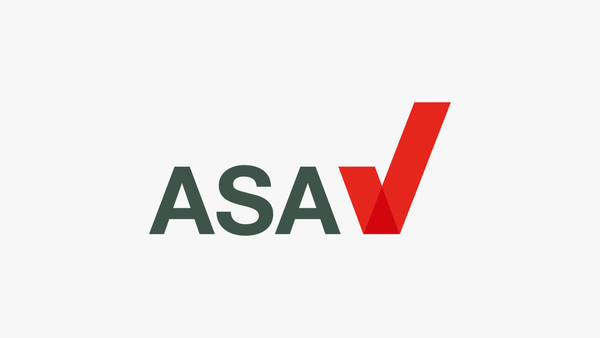What are your thoughts on influencer disclosure? Comment below or share your thoughts over at @talkinfluence.
Made in Chelsea Star Scrutinised by ASA over Undisclosed Instagram Story
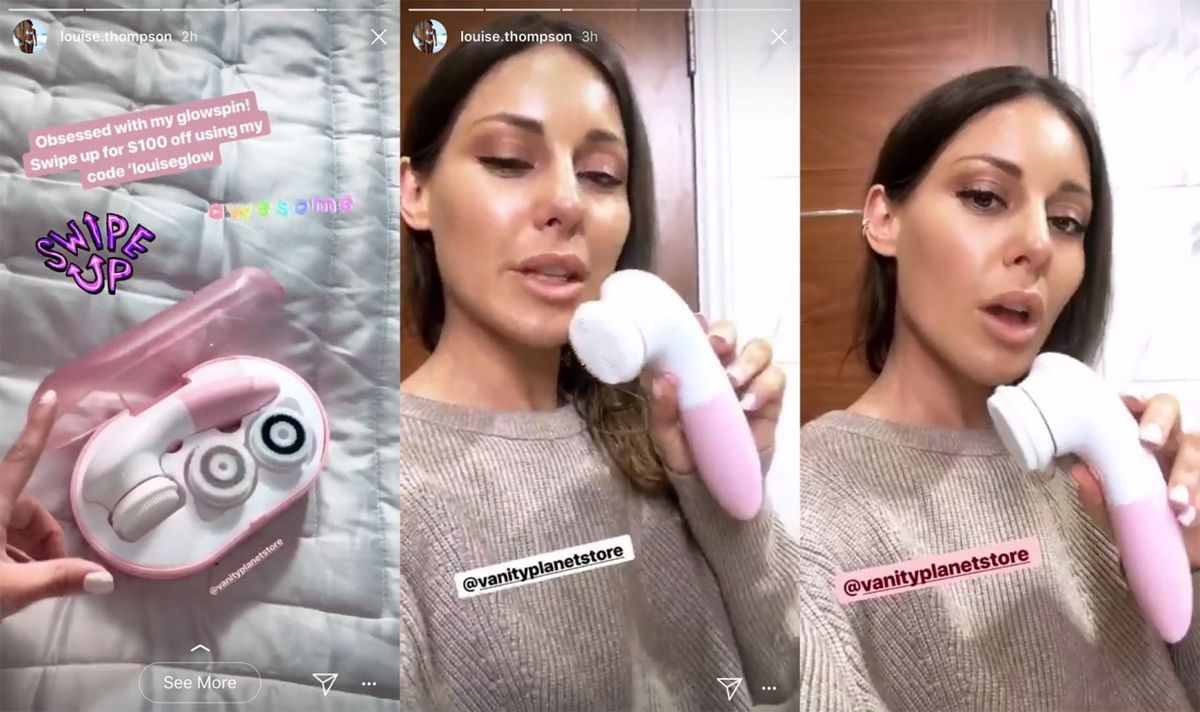
Made in Chelsea star Louise Thompson apologised for breaching advertorial rules while promoting a facial brush product on Instagram. The Advertising Standards Authority (ASA) banned Thompson’s Instagram story for failing to disclose that her Instagram Story promoting a beauty brand was, in fact, a paid-for advert. It is the second time this year that the reality TV star has come under fire over not marking sponsored Instagram posts with an #ad or #spon, adding further questions over the way influencer posts are labelled. She apologised for the omission and said that in the future she will label her Instagram posts and stories appropriately. Thompson’s Story featured a video of her using a facial brush product, which stated: “Obsessed with my glowspin! Swipe up for $100 off using my code ‘louiseglow Swipe up awesome @vanityplanetstore”. She was contracted by beauty brand Vanity Planet through an agency. Thompson said that she had been paid a fee to promote the brand but that there was no formal written contract in relation to the post. She explained that there was no explicit obligation required by Vanity Planet to include #ad or any other qualifier to the story post and thought that her audience would have been aware of the fact that she would be receiving a benefit in exchange for the post given a promotional code was included. Vanity Planet, the beauty brand behind the product, said that it was not there intention to violate any advertising standards and that they had reworded their contracts for UK consumers to state that the influencer should ensure that they meet UK advertising standards.The ASA concluded that both Louise Thompson and Vanity Planet were jointly responsible for ensuring that the promotion complied with advertising rules. As a result, the watchdog banned the ad stating that it should have been made clear that the post was a marketing communication.“This is a classic example of a brand just gifting product and providing payment without properly briefing the influencer, which allows for authenticity but also ensures they follow industry best practice, to protect themselves,” commented Aaron Brooks, co-founder of Vamp, a global content and influencer platform.

